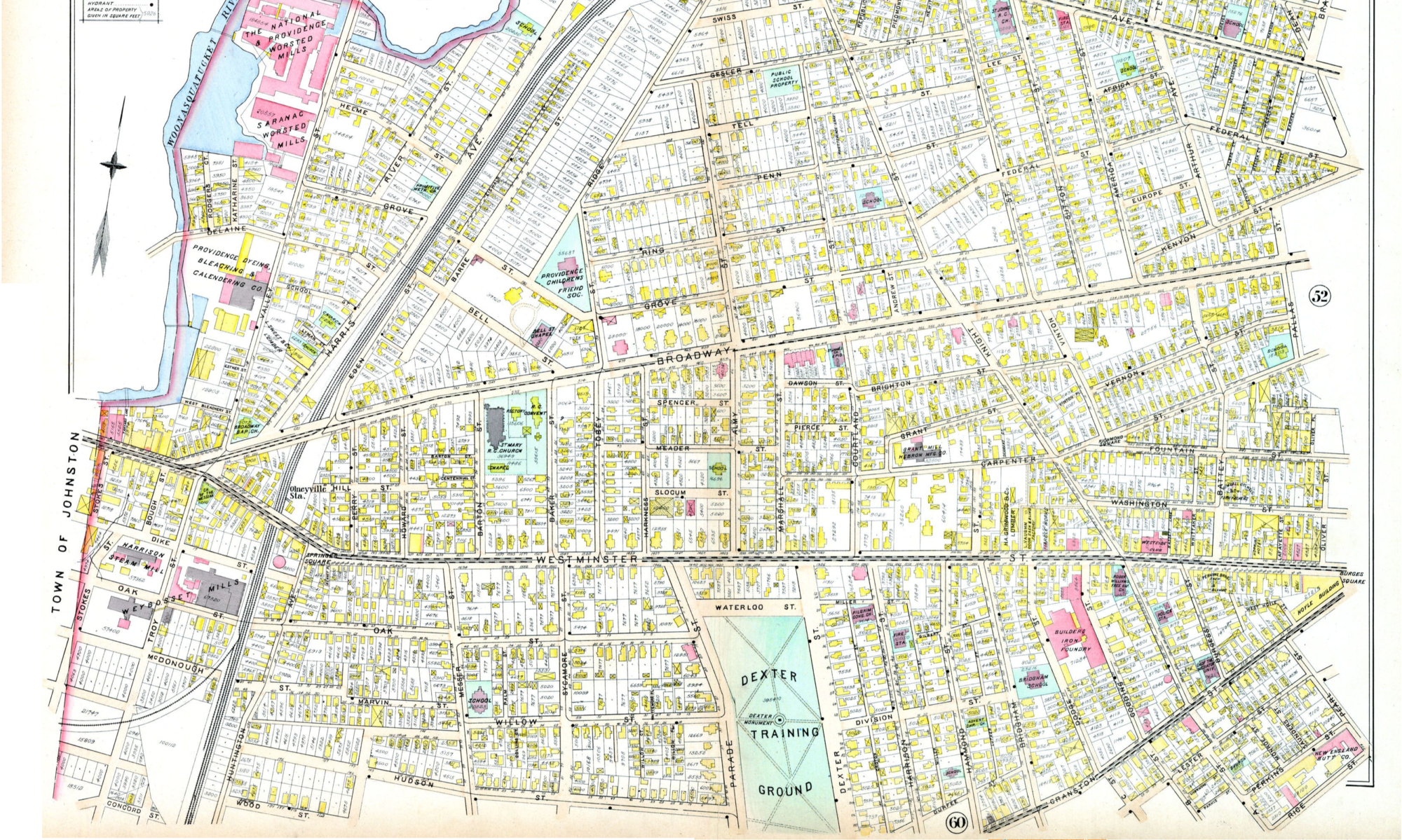David Roberts has a scary article on Grist asking that question.
It’s entirely possible, even likely, that we’re going to be stuck helplessly watching as this well spews oil into the Gulf for years. Even if the flow were stopped tomorrow, the damage to marshes, coral, and marine life is done. The Gulf of Mexico will become an ecological and economic dead zone. There’s no real way to undo it, no matter who’s in charge.
This is such a tragedy, many people don’t even want to think about it. The way I react in crises is to analyze what needs to be done to solve the problem, but I’m flummoxed in cases like this where there may be no solution. I suppose my next reaction would be to ask what we can do to minimize the damage. Build a sea wall from Florida to the Yucatan? I don’t know.
Roberts reminds us that one major cause of this disaster is the fragility of the system we’ve built to feed our oil addiction. The article is very good; I strongly recommend reading it. We can point fingers all we want, and a certain measure of responsibility certainly lies in each of the corporate and regulatory players in the fiasco. The best way, though, to make sure something like this never happens again is to speak up for renewable energy and against fossil fuel extraction. Working to minimize our own fossil fuel use and that of other people also helps. Only from a vocal public will government have enough political power to overrule corporate pressure and do the right thing in energy policy. You can already see Obama trying to channel the outrage in this direction. Let’s help him out by directing our outrage appropriately.
How hollow do “Drill Here, Drill Now!” and “Drill, Baby, Drill!” sound now? Think Sarah Palin will campaign on that platform in 2012?

